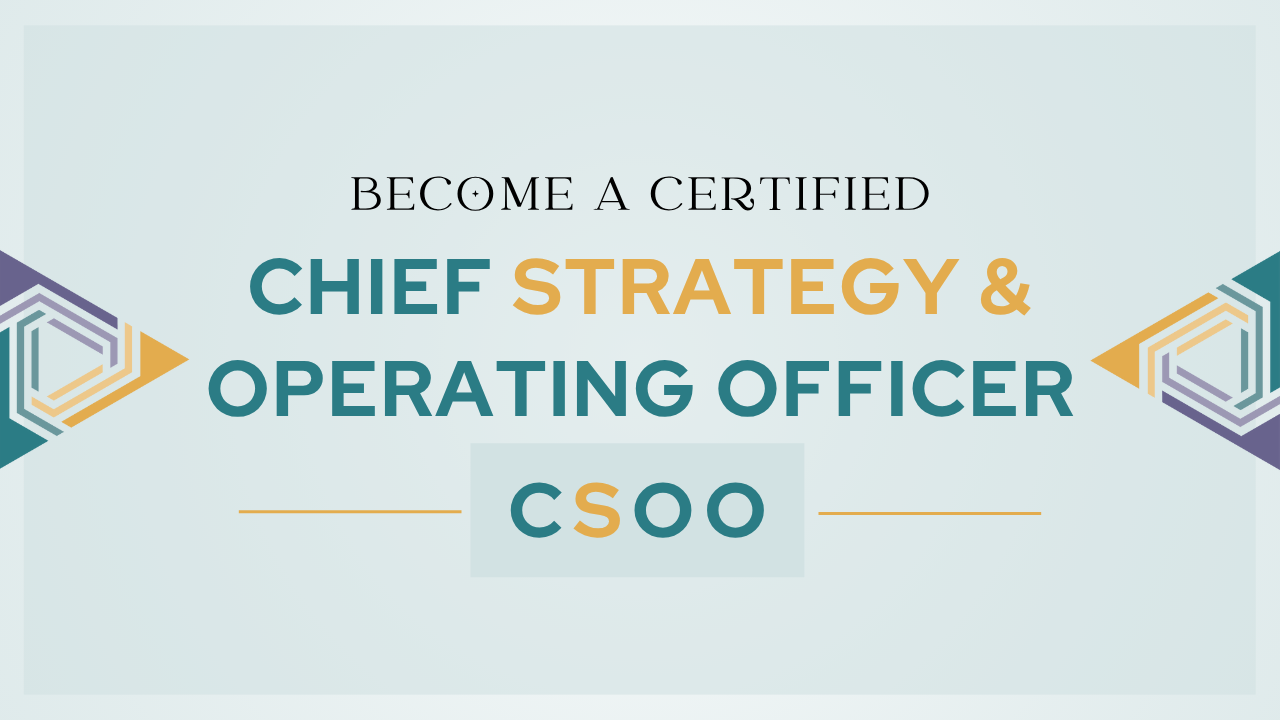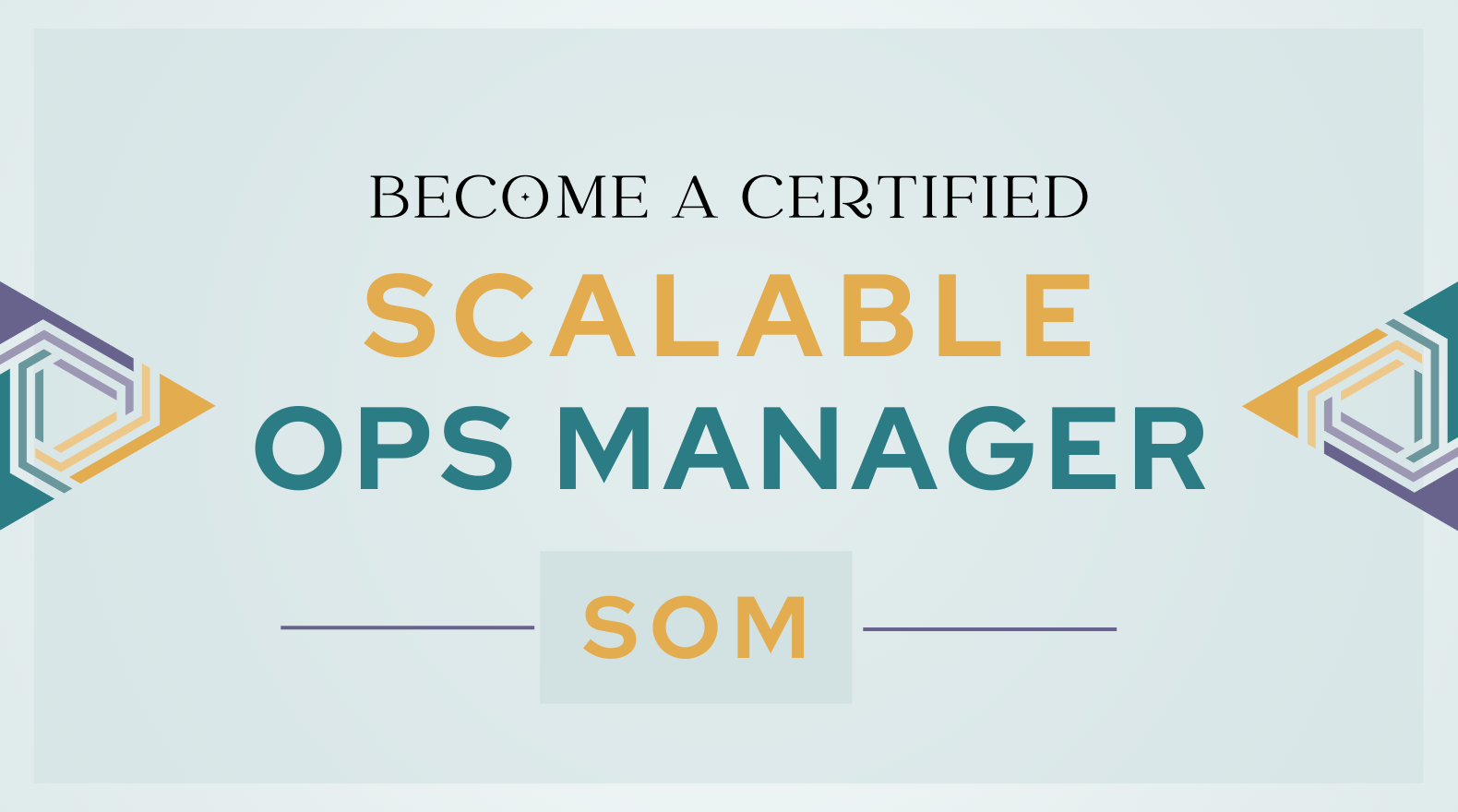
When you start incorporating AI into your business, it's critical to protect your data and intellectual property (IP).
As a small business owner or key team member in an online coaching, consulting, or service-based business, you understand that the business' intellectual property (IP) and proprietary frameworks are the backbone of its offerings. These assets are critical for delivering value to clients and ensuring the success of the business.
With the increasing use of AI tools to streamline operations and enhance services, it’s essential to put practices in place to protect your IP and data.
Here are practical tips to safeguard your intellectual property and data when using AI tools within your business:
Choose Reputable AI Tools
Selecting the right AI tools is the first step in protecting your IP and data. Choose tools from reputable vendors with a strong track record of security and data protection. Look for vendors who prioritize compliance with industry standards and data protection regulations.
Pro Tip: You get what you pay for. Free tools often have the most risk associated with them, so we recommend choosing a few core AI tools that you trust and investing in the pro or paid version for increased peace of mind and security.
Curious which tools we use in Strategic Ops Institute and our sister company, Lean Out Method? Click here for our most loved and trusted tools.
Update Your Contracts With Clients, Partners, and Team
It is important to update your terms and conditions, non-disclosure agreements (NDAs), confidentiality clauses, and contracts to define the parameters for AI usage. Clear communication with your clients, partners, and team members about what data can be used in AI tools. If you allow any of your data to be used in AI, be specific about which data and any restrictions or guidelines around which tools can be / can't be used.
When you hire someone onto your team or partner with anyone who has access to intellectual property, proprietary data, or future-state visionary info, include specific clauses to protect your company's intellectual property related to AI usage. This extra layer of specificity in your contracts helps everyone stay on the same page and reduces legal risks.
A word of caution: don't underestimate the important of this!
For Example: I was having a conversation with someone and they were telling me how great AI is. I asked how they are using it and he shared that he took all of the content, videos, decks, and guides from one of the programs he was in and created a custom GPT with it all in order to create his marketing materials.
Would you be okay if someone did that with all of your proprietary content that they got access to when they joined one of your paid programs, and did so without your knowledge or explicit permission?
Don't leave this to chance or trust people to do what you think is the right or common-sense thing. You need to specify how people can use the non-publicly-available content, data, and insights that they get access to.
Since the company didn't have a contract that specifically stated their content could not be used in an AI tool, he didn't think he was doing anything wrong.
Regardless of whether you think he did anything wrong or not... you have to ask yourself what you are okay with and not okay with people doing with your data and ensure you update your contracts and policies accordingly.
Consult with your lawyer on the details of what to include in your contracts, NDAs, terms and conditions, and confidentiality clauses.
Get more tips on Becoming a Safe & Secure AI-Enabled Business on the podcast:
Control Who Has Access to Data and Tools
Control who has access to your AI tools and sensitive data, especially data that is proprietary including your signature frameworks and methods as well as your visioning around the future state of your business and offerings.
Ensure you use strong passwords and although it can feel like a pain, using multi-factor authentication (MFA) will increase security and help ensure that only those you authorize can access your systems.
Pro Tip: I shouldn't have to say this... but I inevitably work with clients who still do this - never share your passwords, or even worse, use the same password for everything and then share it. Take the time to implement a password management tool (we use and love LastPass but there are many great options).
Regularly Audit Who Has Access
Have you ever gone to share a Google Doc or Dropbox folder with someone only to see the list of people who have access to it and think "why does so-and-so have access? She hasn't worked here in 3 years!?!".
The reality is that most businesses don't do a great job with granting and managing access to important files and data. And without this critical step being included in the offboarding for team members, partners, or clients, people who should not be seeing your IP and data may still have access.
If you don't already have a well-oiled system for document and information management and access, be sure to create one. If you do, you'll want to update it to include your processes related to access for AI tools.
For Example: You can share links to specific chats and custom GPTs in ChatGPT. You can also unshare those links, so set parameters around what can be shared, when, and if and when shareable links should be removed.
Put Systems in Place
As with all things in a business, systems help to ensure processes and policies are clear and followed. Review any existing systems for where they should be updated to reflect AI policies and best practices. For example, it is helpful to establish clear data governance policies that outline how data is collected, stored, processed, and shared. Policies should be explicit about what can and cannot be done with your data, and everyone should understand that they need to adhere to these guidelines.
Pro Tip: A lot of people think of using AI mostly for marketing and content, however there are so many other uses including helping you create your systems, processes, and SOPs. Leverage AI to update your processes and policies or to fill in gaps where you do not have ones created.
Download our guide on 100 Ways to Leverage AI to Simplify and Scale a Business.
Conduct Regular Training With Your Team to Ensure Awareness
Provide regular training for your team on data protection and security best practices. Ensure that everyone understands the importance of protecting both your IP and your clients' data when using AI tools.
Ensure that everyone involved - be it your team members, partners, or consultants - understands what data is sensitive and how it should be handled. Explain what AI tools can be used, and which ones are off-limits due to security concerns. Set clear guidelines and encourage a culture where everyone feels responsible for protecting the data.
Awareness can go a long way in minimizing risk.
Invest in Advanced Training and Certification
Beyond the internal training that you do, consider getting your team trained and certified in using AI tools. Many programs offer specialized training focused on the operational and security aspects of AI.
A well-educated team can help preemptively identify potential risks and use AI more securely and effectively. When everyone is on the same page about how to use and protect data, it makes your whole operation more secure.
Consider sending yourself and your team through our Scale with AI Program.
Get to Know The AI Tools You Use
Ensure that you or someone else on your team understands each of the AI tools you use, including what can be done to minimize risk and increase security and protection of data and IP.
Example if Using Custom GPTs: If you are building a custom GPT, ensure you or your team selects "Only me" to set sharing up as private for maximum protection. If choosing to make it shareable with "Anyone with the link", be highly selective with who gets the link and that they understand it should not be shared without permission. Do not share it in the GPT Store.

Here are practical tips to safeguard your clients' intellectual property and data when using AI tools:
Make Data Anonymous
Anonymize data before feeding it into AI tools, especially when dealing with sensitive client information. Anonymization helps protect client privacy and data.
Understand and Be Compliant with Regulations
Ensure that your use of AI tools complies with relevant data protection laws and regulations, such as GDPR and CCPA. Staying informed about legal requirements helps you protect your clients’ data and avoid potential legal issues.
Address Your Clients' Privacy Concerns
Be transparent about how you're handling private client data. Clients need to trust that their data is being handled responsibly. Lay out clear privacy policies and communicate these to everyone involved in your business processes.
Sometimes just knowing that their data will be treated with the utmost care can significantly increase client trust.
Proactively protect your business and keep your data and IP safe and secure:
Protecting your intellectual property and data is essential when using AI tools in an online coaching, consulting, or service-based business.
Safeguarding your data and intellectual property ensures that you can fully leverage AI's capabilities without exposing your business to unnecessary risks.
Take the time to set up strong security measures, update contracts, communicate clearly with your team, and choose your tools wisely.
Stay proactive about security and data protection to continue leveraging AI for your business’s success while keeping your IP and data safe.
Your business will thank you for it.
Have anything to add? I'd love to hear your top tips or what you're doing to protect your and your clients' data and intellectual property when using AI.

by Crista Grasso
Crista Grasso is the Founder of Strategic Ops Institute and Lean Scaling Co, and host of the Simplify to Scale Show.
She specializes in training and certifying fractionals and consultants to be able to effectively and strategically scale the businesses they partner with and step into becoming the Strategy + Operations Leader (SOL) that small business founders are increasingly searching for.




